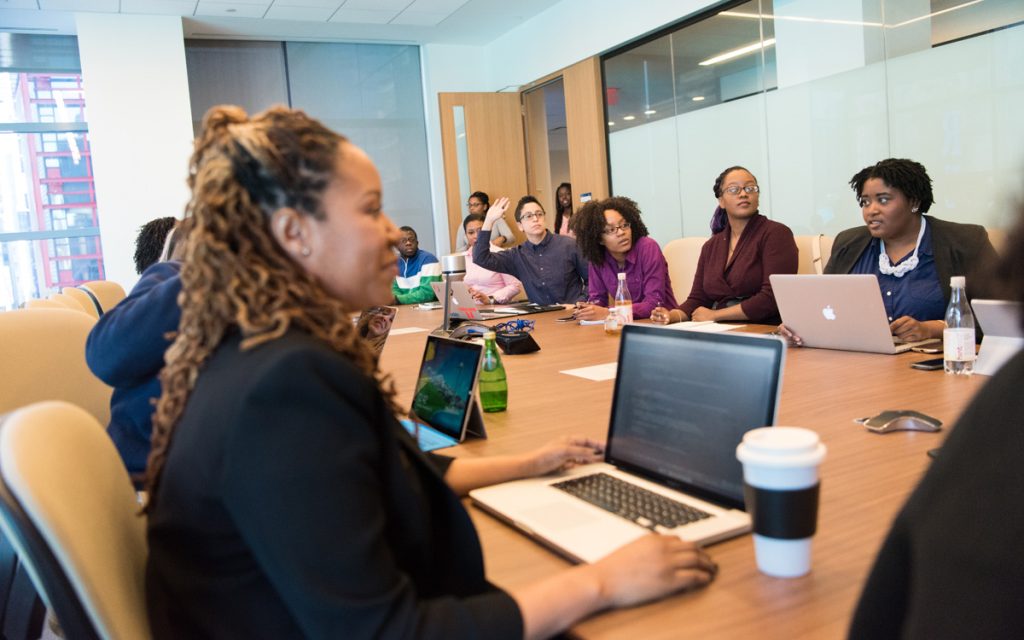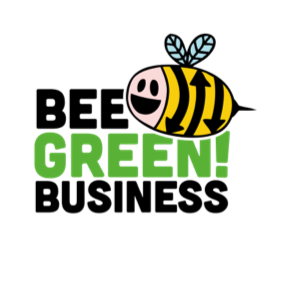
It IS Easy And Impactful To Be Green: Part Two
February 28, 2020
By Kendal Kuneman. Kendal is an Energy & Sustainability Consultant with Energy Sciences, as well as the company’s acting Sustainability Officer. The firm helps clients meet energy challenges with practical solutions that reduce waste and increase net operating income.
This is the second in a two-part series. Click here to read part one.
 BEE Green Business Certification
BEE Green Business Certification
Energy Sciences is proud to announce that through our many efforts to be a more sustainable company, we have achieved BEE Green Business certification! Bee Green Business is an education and certification program that aids businesses and their employees in becoming responsible corporate citizens. The program is offered by Green Living Science, a nonprofit dedicated to teaching recycling and environmental education in Detroit and is recognized by the Michigan Recycling Coalition.
The program awards organizations that are continuously improving their waste management process by recycling and practicing waste reduction. Through the program, Energy Sciences received a waste reduction assessment to identify different solid waste generating activities, and to learn of ways to improve our recycling program and reduce solid waste produced in the office. The Energy Sciences team received onsite training from Green Living Science to increase employee awareness and participation.
Expansion of recycling station
We created a recycling station in the new office space, expanding on the recycling station from our previous office. Separate containers are now used to sort different types of recyclables. We track the weight for different types of solid waste/recyclables, such as landfill waste, recycled paper, recycled plastic, recycled metal, recycled glass, recycled cardboard, food waste compost, and other solid waste diverted from the landfill for reuse. With this data, we measure and trend different types of solid waste generation produced in our office. The data is used to create graphs and charts of different types of solid waste. These graphs and charts are printed monthly and posted on the sustainability display board in order to share the results with the entire office.
Employee education and awareness
Ongoing sustainability training to all staff helped to reduce recycling contamination. Signage is displayed throughout the office to clearly shows what can and cannot be recycled. Additionally, weekly sustainability tips were emailed to the entire office during 2019, as well as at monthly team meetings. A sustainability display board was placed in the office to communicate company’s sustainability goals, practices and strategies. The information on the display board is updated monthly with the company’s sustainability efforts, such as Energy Usage, Energy Cost, Energy & Cost Utilization Index (EUI & CUI), Landfill Waste, Recyclables, weekly sustainability tips, awards, summary of 2019 sustainability actions, information about vermicomposting, etc.
Composting and Vermicomposting
In addition, we have committed to significantly reducing the amount of waste that our office sends to the landfill by diverting food waste for compost. We initially established a vermicomposting system to begin composting some of our office’s food waste by use of worms. Recently, we hired a commercial compost service called Midtown Composting to pick up all office food waste weekly. The service collects food waste, such as fruit, vegetables, meat, bones, cooked food, eggshells, coffee grounds, compostable ware, napkins and paper towels, and soiled pizza boxes (that otherwise could not be recycled). The food waste is taken to a commercial compost processing facility to be turned into soil for use by landscapers.





